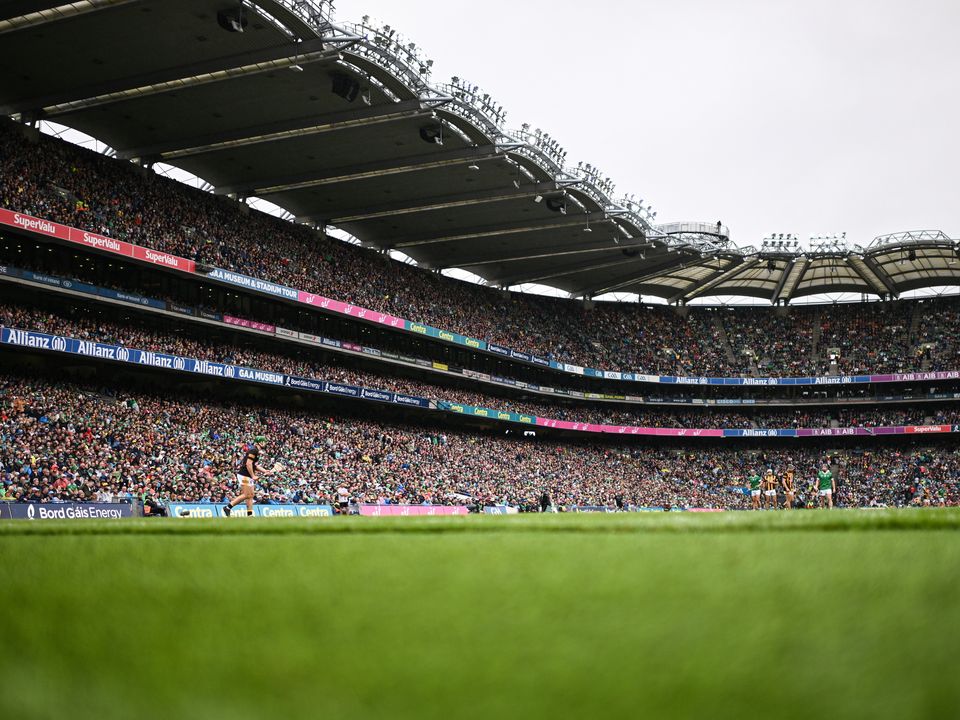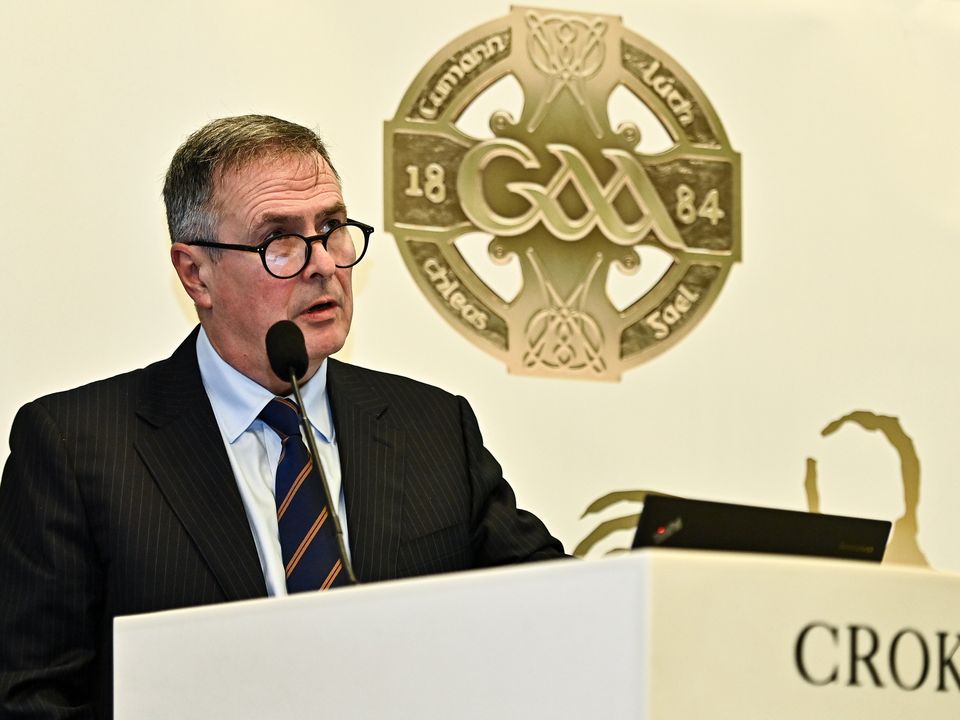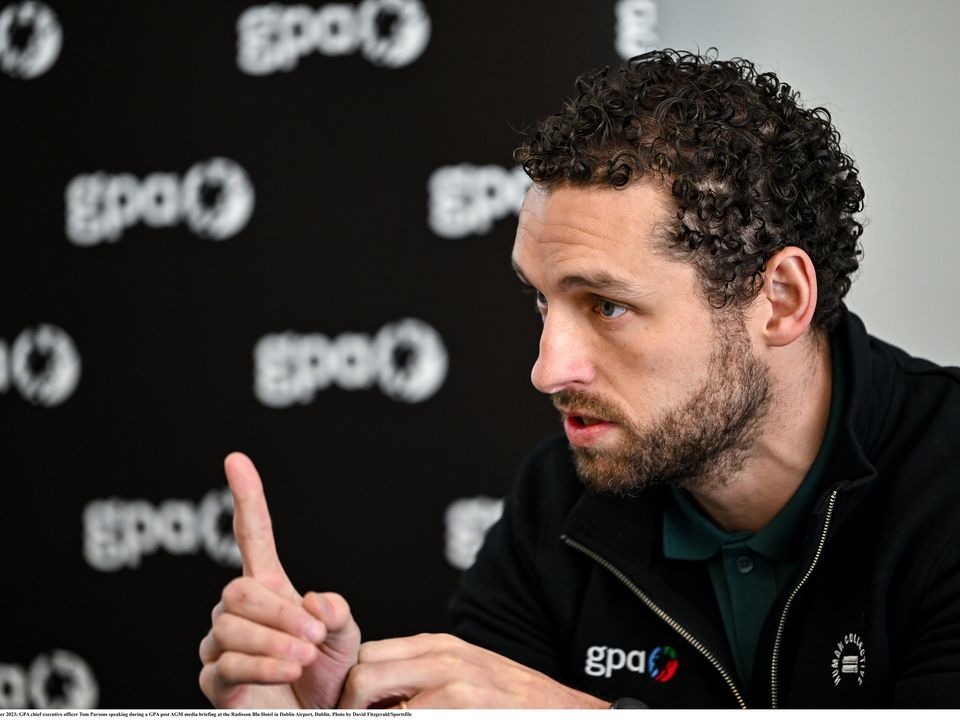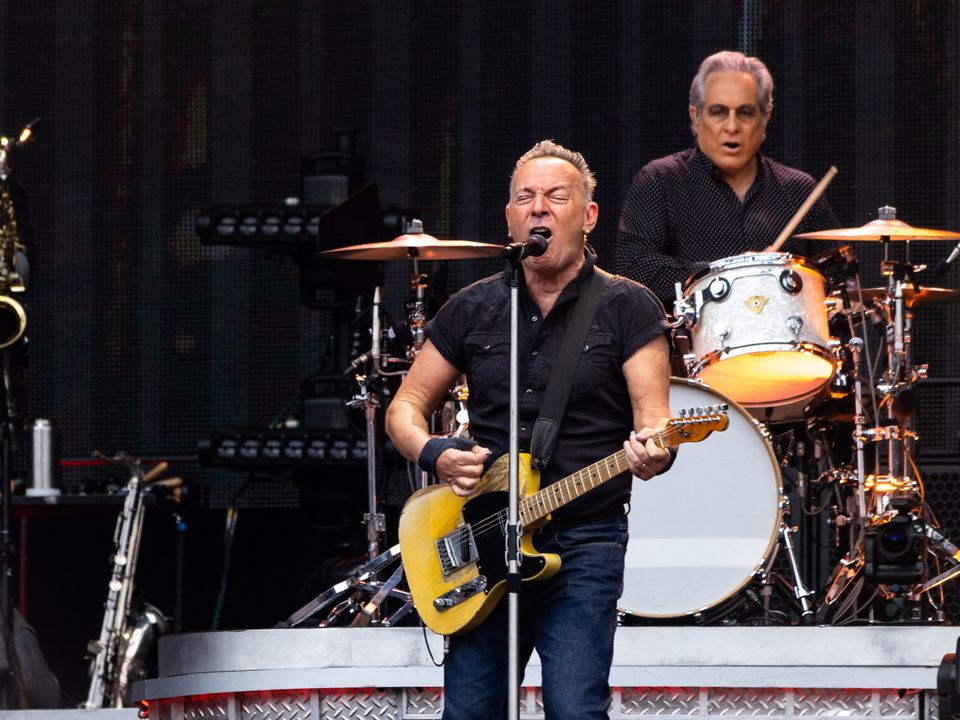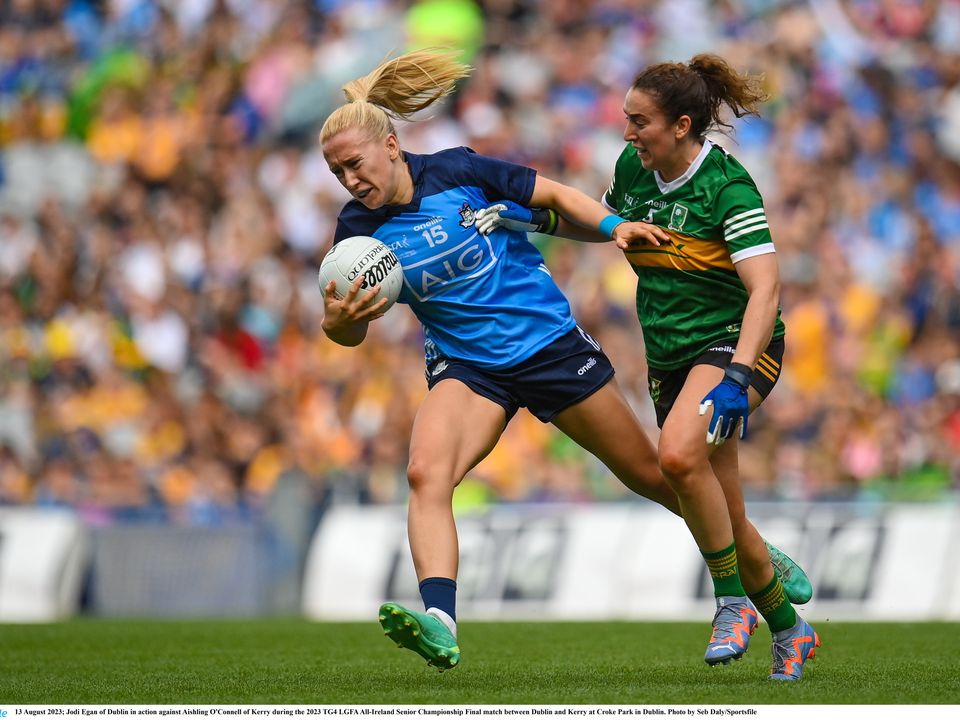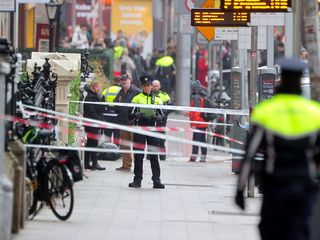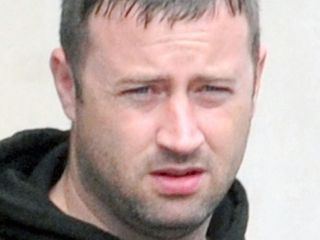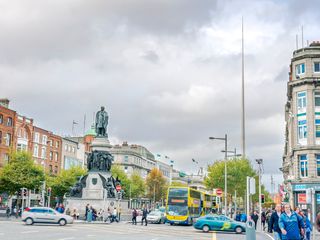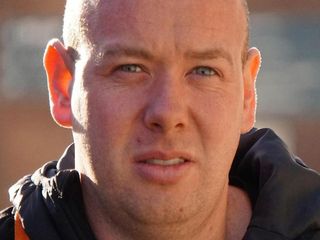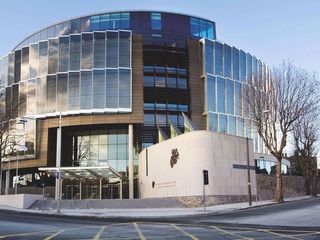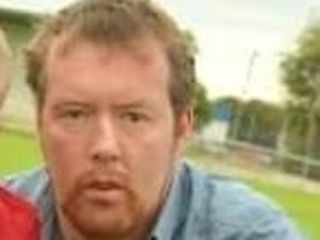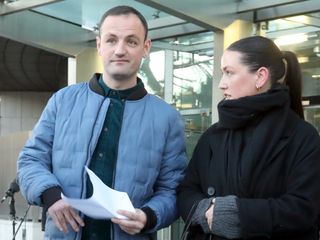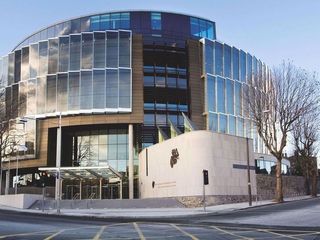Pat Spillane: GAA dances to the tune of ‘Money, Money, Money’
Cash now king for Association in rich man’s world as corporates prioritised over rank and file
“Money, money, money
Must be funny
In the rich man’s world”
Benny Andersson and Bjorn Ulvaeus
Those of us of a certain vintage will remember ABBA’s hit record Money, Money, Money. It struck me recently it could be the theme song of the GAA in the 21st century.
Sure, the club season, which has been in full swing for several months now, has thrown up a fair share of romantic stories, be it historic breakthroughs, father and sons playing on the same team or a 70-year-old hitting a match-winning point.
OK, I made up the last one.
Still, even its biggest fans wouldn’t argue club football and hurling is brimful of glamour, even if many rural areas would struggle for an identity were it not for their local GAA club.
Nonetheless, club action, by its nature, remains parochial and has limited appeal or interest outside its immediate hinterland.
Granted, GAA politicians love to ‘big up’ the club and suggest it is the cornerstone of the GAA and the Association revolves around its grassroots. Sadly, I’m afraid, that ship sailed decades ago.
The GAA is now a now a powerful corporation driven primarily by their senior inter-county competitions.
So, though this is the club season, at corporate level, the GAA is a bit like the British Empire in its full pomp – the sun never sets on it.
Guess what? A lot of big decisions, all associated one way or another with money, have been made in recent weeks by the GAA.
And they could have massive repercussions for the Association.
Páirc Uí Chaoimh will be off-limits to Cork GAA for three weekends next year due to Bruce Springsteen's gig at the venue. Photo: Mario Skraban/Redferns
Money Story 1
How about the already sold-out Bruce Springsteen concert in Páirc Uí Chaoimh on May 16 next year?
Páirc Uí Chaoimh is, indeed, a magnificent stadium. But it is GAA’s version of the National Children’s hospital: built in the wrong location and costing way more than it was supposed to.
As a result, the Cork GAA Board face an enormous pile of debt, which will take them decades to clear.
The issue with the Bruce Springsteen concert is that it will put the stadium out of commission as a GAA venue for three weekends.
As a result, if the Cork footballers qualify for the Sam Maguire round-robin series – which, admittedly, is by no means a gimme – they will have to play their home games in the series in Páirc Uí Rinn.
Imagine if All-Ireland champions Dublin had to travel south for a make-or-break game in the series against Cork.
It would fill Páirc Uí Chaoimh and have done wonders for the promotion of the game in the city. Sadly, the bigger venue would not be available next year for such a game.
In their pursuit of money, the Cork GAA Board has prioritised the Bruce Springsteen concert.
By the way, there is another rumour floating around for Cork, suggesting that their number of home fixtures in the 2024 Alliance League has been reduced as a result of the Munster v Crusaders Clash of the Champions rugby game in Páirc Uí Chaoimh on Saturday, February 3.
Who says money doesn’t talk?
Croke Park stadium director Peter McKenna. Photo: Sam Barnes/Sportsfile
Read more
Money Story 2
The GAA announced details last week of a €12m revamp of Croke Park’s Cusack Stand. The first part of the statement contained all the right soundbites, pointing out that it was all about upgrading the seating for the spectators.
But the real season for the revamp was revealed later in the statement. The GAA’s commercial director Peter McKenna said: “We do need the building at an appropriate presentation for both our Monday-to-Friday clients but also for premium-seat customers, suite holders and the general GAA fans.”
His phrase ‘Monday-to-Friday clients’ sticks out like a sore thumb. We are talking here about a magnificent sports stadium, but the GAA are concerned about their ‘Monday-to-Friday clients’. It summed up what Croke Park is all about these days.
The GAA are the authors of their own destiny, of course. Due to the split season, the Croke Park pitch and stands are virtually idle for six months of the year. From August to February, the venue is the spiritual home of the seagull population of north Dublin.
I would have thought the GAA has more worthwhile projects to spend €12m on than the upgrade of the Cusack Stand. It’s not exactly run-down compared to the majority of GAA venues.
Unfortunately, the demands of the corporate world are dictating what happens in the GAA nowadays.
I know it’s a rich man’s world, but this is wrong.
Money Story 3
This is a GAA money story with a twist – it is a plan to save money. At next month’s Central Council meeting, delegates will vote on a plan to drop five counties – Cavan, Fermanagh, Leitrim, Louth, and Longford – all of whom have fewer than five adult hurling clubs – from the 2025 league.
The weaker counties are up in arms, but in this case, the GAA might have a point.
Recently, a member of the Waterford GAA Board told me that it costs their board €400,000 to run their senior football team, though, realistically, their chances of making any meaningful progress are slim.
He made the point that Waterford’s next-door neighbours Kilkenny don’t field a football team and nobody in the GAA bats an eyelid. But the money they save can be invested in hurling.
The harsh reality is that fielding senior county teams in hurling is nothing more than a paper-ticking exercise in many counties. Worse still, it is wasting scarce resources. Frankly, it is unsustainable.
There is an old proverb about solving the problems of world hunger, which I remember from my days as a geography teacher: ‘Give me a fish and feed me for a day, teach me to fish and feed me for life.’
The future of hurling in weaker counties lies in investing and coaching at underage level, not in wasting money by fielding a senior inter-county team. The GAA need to be brave and accept this initiative regardless of the noise.
Knowing the association’s form, I fear the GAA politicians will baulk at the idea of dropping the five counties and just kick the can down the road.
But the day of reckoning is fast approaching.
GPA chief executive Tom Parsons. Photo: David Fitzgerald/Sportsfile
Money Story 4
Reports suggest that the chief executive of the GPA, Tom Parsons, has been getting a lot of flak at recent meetings of the GAA management committee.
The GPA is seeking the establishment of a new player welfare committee to analyse the additional stress inter-county players are now subjected to due to the condensed season. Frankly, I could list them off the top of the head without having to set up a committee.
My point is the GAA ought to be careful when choosing their battles and avoid provoking the players.
They are the jewels in the GAA crown – the cash cow that delivers annually, that’s for sure. Yet they are the only individuals at county training sessions who are not being paid to be there.
I foresee a day when players will revolt and demand to be paid like everybody else.
The GAA, LGFA and Camogie would be financed from the same pot, which will almost certainly prove problematic. Photo: Seb Daly/Sportsfile
Money Story 5
This could be the biggest debacle of all. We have heard much in recent months about the proposed merger of the GAA, the LGFA and the Camogie Association.
In theory, it’s a laudable project but a monumental financial headache, in reality. Now, three organisations will be dipping out of the same money pot. Stand by for the fireworks that are certain to follow.
I will end with an appropriate biblical quote, from Timothy 6:10: “For the love of money is the root of all evil”.

